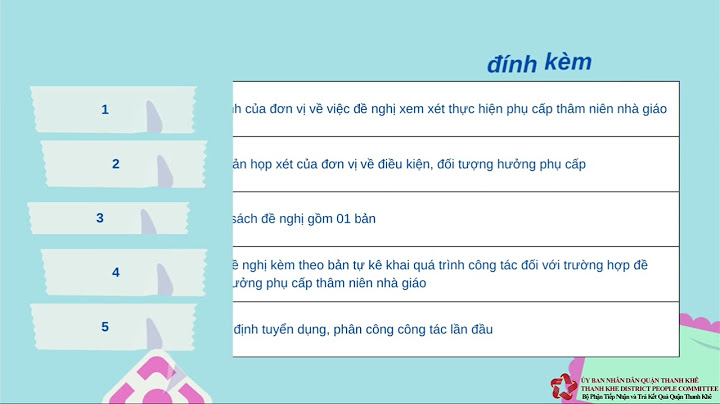What is Personal Information- Personal information is everything about you. It can include: full name, address. social security number, etcPeople are consistently putting out more and more information about themselves every day. Personal information can be natural to share, but it can also be very dangerous. From social media accounts to email, it can be difficult to keep your personal information private. Show So let’s take a look at your personal information, why you need to keep it private, what you can do to keep it private — and what tools, such as a VPN, you can use. What is “Personal Information”?Personal information is everything about yourself. It can include:
Essentially, it’s information that could be used to identify you. If you could be identified as a “44-year-old woman from Winnipeg” or a “19-year-old man from Wisconsin,” those are going to be identifying factors. Personal information is also given to quite a lot of people. Think about who might have your personal information:
Especially, the proliferation of social media has really made information common. So personal information is pretty much everything about you and it’s everywhere. What do you need to do about it?What Can People Do With Personal Information?Why is it so critical that you hide your personal information? It’s because personal information is often traded online because there are a lot of things that can be done with it.
Personal information equates to risk. The more your personal information is out there, the more dangerous it is for you. But it’s very hard to limit your personal information because it’s so ubiquitous. How is Personal Information Lost or Spread?For the most part, personal information is lost because people post it. People share their information on social media all the time, they post about it on sites like Reddit, and they otherwise disclose their information. Personal information can also be exposed through a data breach. If someone’s email account is broken into, someone can gain practically all their information. Today, so many entities have a person’s personal information that there can be an account compromised at any given time. As an example, someone may have all their information stored with a university, and the university could release their information. What Tools and Habits Can Help You Keep Your Information Private?As you can see, information is everywhere. But that doesn’t mean that someone doesn’t have control over their information. It’s possible to keep information private. Here’s how.
These tools and habits should be taught to children and young teens as quickly as possible, because they may compromise their identities online early. Once an identity is compromised, it’s very difficult to backtrack. What Can You Do About Leaked Information?What happens if your information has already been leaked? Unfortunately, you can’t delete information once it’s online. But there are things you can do.
But these things only mitigate the damage. The only way you can really avoid adverse effects is by not getting your information leaked. Once your information is leaked, it’s available. Can You Keep Your Information Private?Let’s actually answer the question. Yes, you can keep your information private online. But for most people, it’s highly unlikely to completely keep your personal information off the internet. The best thing that you can do is to make sure to limit and mitigate your risks, and to understand why keeping information private is so important. Most people are going to slip up and post something personal online at one point or another, whether they’re responding to a friend in a social media comment, or they’re uploading their data to a medical clinic that is later compromised. Since information cannot be eradicated from the internet, it can only be distanced from. Individuals need to be constantly curating their online identity and protecting it, through services such as VPNs, and through habits such as using aliases. It’s equally important to avoid disclosing information to people online through email, messages, and online groups, because anything that is posted online in private can eventually become public. How Do You Know Your Information Has Been Compromised?Most credit bureaus now provide not only a credit score, but also information as to whether your information currently shows up on the dark net. The dark net is where most information is being traded. You’ll be able to see if your personal information is on a “list,” and these lists are commonly used by scammers or by those who are trying to secure credit card numbers or bank accounts. There are also dedicated identity theft programs that can run these types of searches. Apart from that, you can regularly search for your own personal information to see if it is out there. You should be checking your credit reports to see whether there are new accounts that you haven’t seen before. And you should always be paying attention to the mail that you get to your house, as often scammers do need to use your physical address, and any information is going to come directly to you. If you see anything suspicious, you should address it directly. How Does a VPN Help?As mentioned, a VPN is one of the most useful tools when protecting your information. Foremost, a VPN automatically works to protect you. It filters traffic between you and the internet, ensuring that you aren’t attacked maliciously and that your browsing is anonymized. VPNs can even identify potential compromises and vulnerabilities, which means you’ll be able to know when your data is potentially at risk. Modern VPNs are advanced enough that they will be able to identify signs of phishing. While a VPN isn’t the only protection you need to ensure that your data is protected, it is one of the first lines of defense you should engage. So, here’s the truth of it: You probably can’t keep your personal information 100% private. The reason being, that it only takes your information being compromised once for it to be compromised forever. Since you can’t easily change your name, address, or other identifying information, that does mean that you only get a single chance at keeping your information safe forever. Most people are not going to have their information fully protected. Your information has probably already been compromised. But you can reduce the amount of personal information that is exposed and thereby reduce your own personal risk. VPNs and other habits can help, but you also need to be prepared to deal with what you have to do when your information is compromised.  Leo is passionate about helping companies connect with their audience and grow their digital presence. He is a firm believer in building fruitful relationships and building communities. He graduated with a Degree in Business Administration from St. Paul School of Business and Professional. He is hobbyist grooming koi fishes he calls his living jewels. |




















